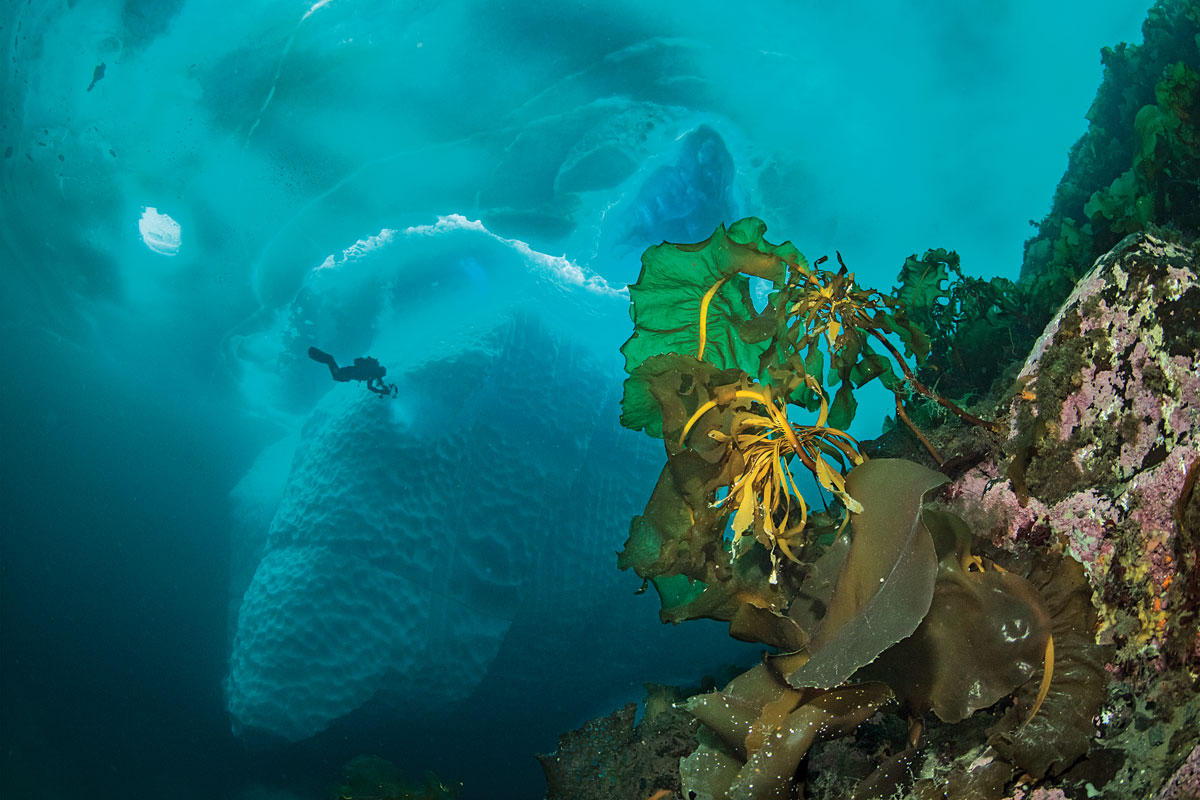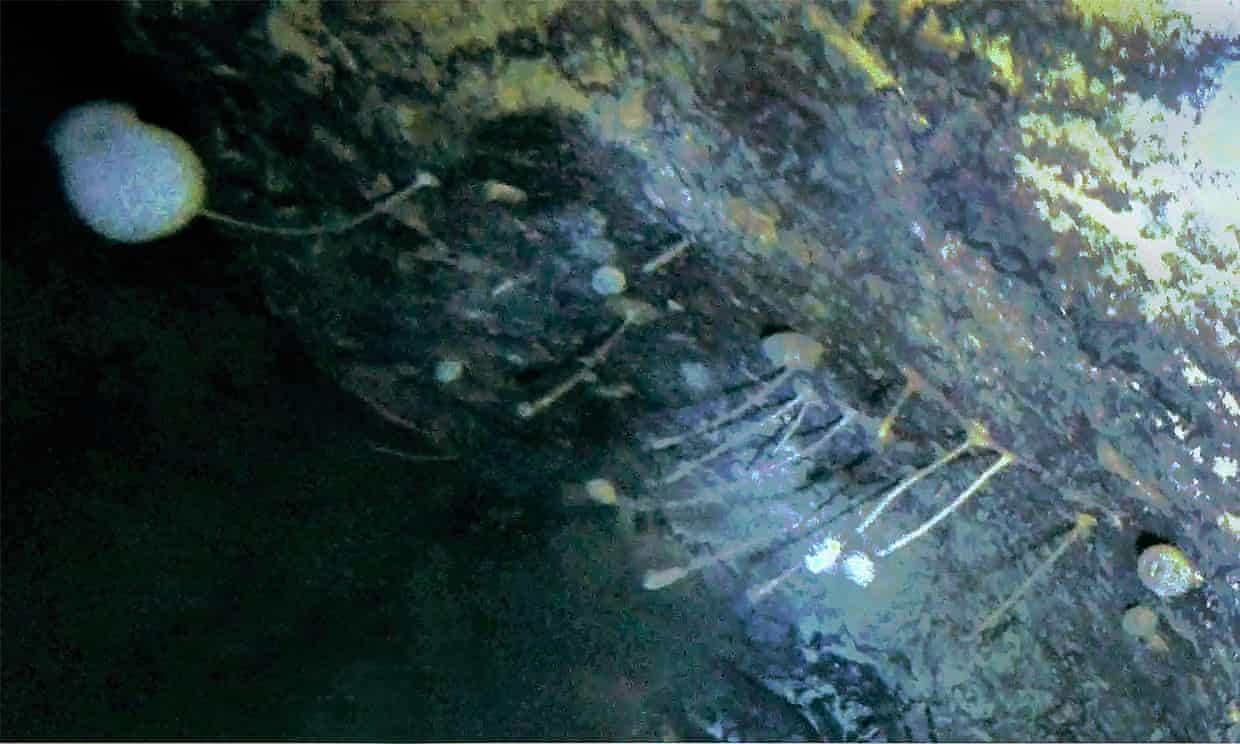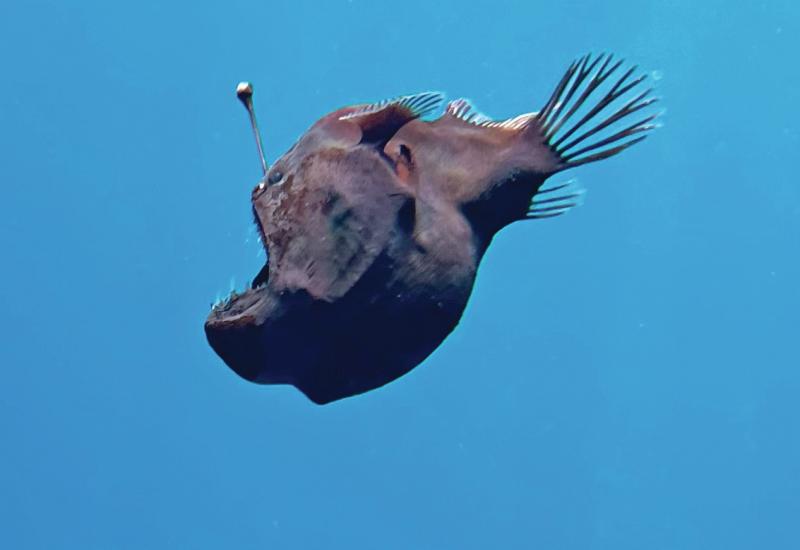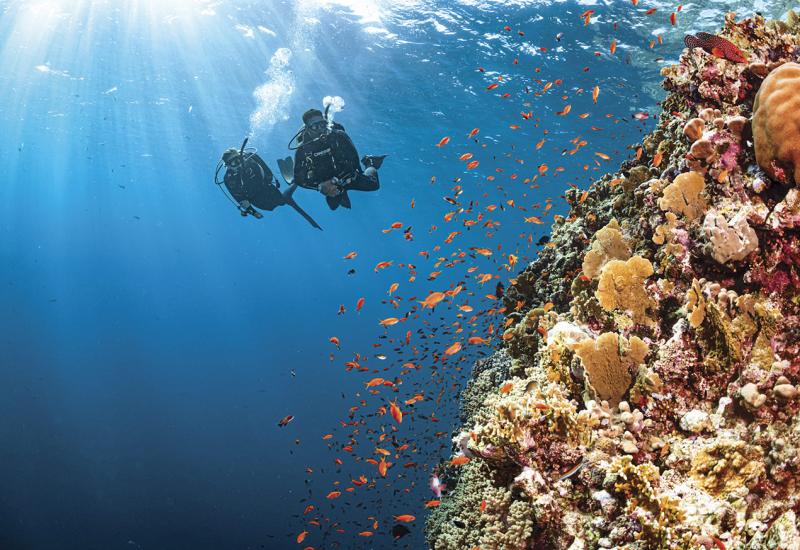National Geographic Adds Fifth Ocean to World Maps and Atlases
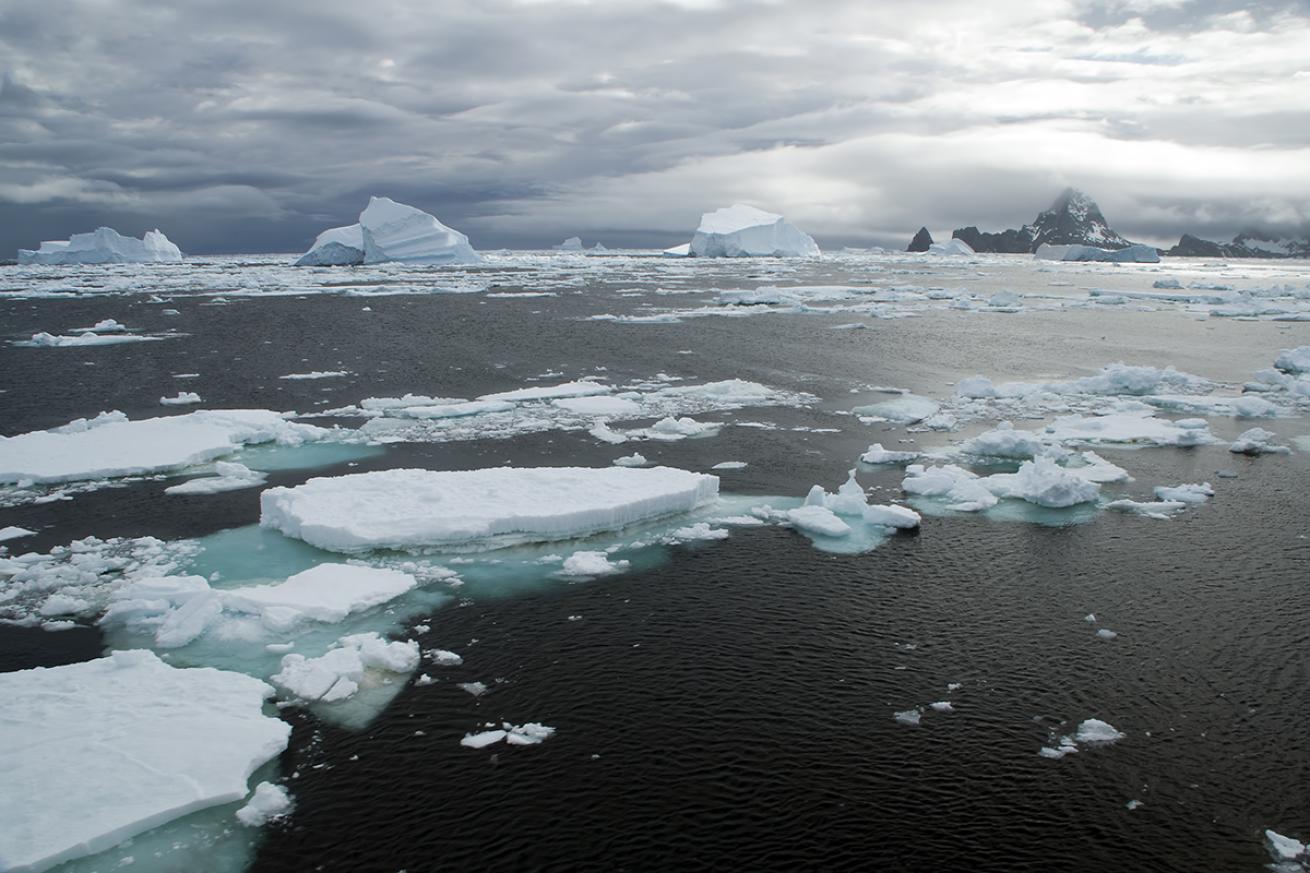
Shutterstock.com/demamiel62National Geographic's new ocean surrounds Antartica.
National Geographic will be officially recognizing the Southern Ocean as the world’s fifth ocean, it announced early June. This body of water surrounds Antarctica and will be added to the organization’s maps and atlases.
It will be the first time National Geographic has redrawn the world’s oceans since it started making maps in 1915.
“The Southern Ocean has long been recognized by scientists, but because there was never agreement internationally, we never officially recognized it,” National Geographic Society Geographer Alex Tait tells the organization’s magazine.
In the lead up to the decision to include the fifth ocean, scientists spent much time deliberating whether there was enough of a difference between this area and the rest of the three other oceans it touches — the Pacific, Atlantic and Indian oceans.
Researchers found that the region did, in fact, have distinct ecological features, including unique currents due to the cold and lower salinity of the water. The Southern Ocean, which is the second-smallest ocean, after the Arctic, also stores carbon at great depths and helps transport heat around the world, National Geographic reports.
“It’s sort of geographic nerdiness in some ways,” Tait says. “We’ve always labeled it, but we labeled it slightly differently [than other oceans]. This change was taking the last step and saying we want to recognize it because of its ecological separation.”
Not all cartographic bodies accept National Geographic’s decision. The International Hydrographic Organization, which standardizes ocean mapping and naming, has yet to accept the Southern Ocean.
Even still, Tait says he hopes National Geographic’s decision will make an impact on education through the organization’s curricular materials.
“Students learn information about the ocean world through what oceans you’re studying," he says. "If you don’t include the Southern Ocean, then you don’t learn the specifics of it and how important it is.”
RELATED


